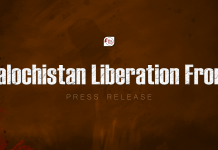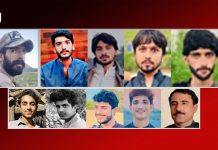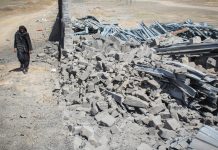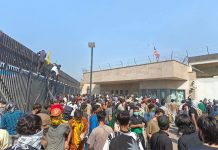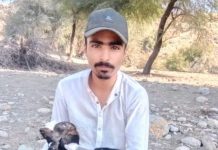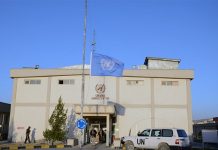Author: Shahnaz Baloch
Balochistan, a province in southwestern Pakistan, is abundant in natural resources such as gold, gas, and oil. Despite the significance of these resources to the Pakistani economy, the Baloch people have not benefited from them. Notably, the majority of Baloch people do not consider Balochistan a province of Pakistan but believe in and fight for an independent Balochistan. Referring to Balochistan as a mere province is painful for them, given the sacrifices they have made and continue to make for their cause. As a result, Balochistan is one of the poorest provinces in Pakistan, with high levels of poverty, illiteracy, and poor health outcomes. Its people face a range of challenges, from poor infrastructure to discrimination and marginalization.
The ongoing conflict in Balochistan has further complicated the situation, characterized by violence and instability for decades. The Baloch people have long demanded independence and self-determination, not regarding Balochistan as part of Pakistan. They aspire to see Balochistan as a free and independent country on the world map. Consequently, many Baloch people have been forced to flee their homes and communities, becoming refugees or internally displaced persons (IDPs). They confront various challenges, from poverty and lack of access to basic necessities to discrimination and marginalization.
Among the most vulnerable victims of this conflict are children, who face the trauma of living in a warzone that can have lasting impacts on their mental health and well-being. The traumas they experience can affect their ability to learn, form relationships, and cope with the challenges of everyday life.
It is crucial for international organizations to take note of the unique challenges faced by the people of Balochistan, including war-affected children, and provide assistance to help them rebuild their lives safely. This includes providing access to basic necessities such as food, water, and shelter, as well as resources and support to help them cope with the traumas they have experienced.
Access to education is one essential aspect of this. Education is crucial for helping children build a brighter future and can also be a powerful tool for healing and recovery. Children who have experienced trauma require access to quality education that can help them develop the skills and resilience they need to overcome their challenges.
Additionally, access to counseling and therapy can help children process and cope with their experiences, especially for those who have experienced violence or witnessed traumatic events.
International organizations can play a vital role in providing resources and support for the education and mental health of war-affected children in Balochistan. They can work with communities, providing access to counseling and therapy and supporting educational programs that prioritize the needs of these children.
In conclusion, Balochistan is a region rich in natural resources but with a needy population. The Baloch people, particularly war-affected children, require special care and support to help them cope with the traumas they have experienced and build a brighter future. It is crucial for international organizations to recognize their needs and provide assistance to help them heal and thrive, while also supporting the efforts of Baloch activists and human rights organizations to bring justice to those affected by state-sponsored violence. By providing access to education and resources for mental health, we can help these children overcome the challenges they face and build a better tomorrow.
Disclaimer: The views and opinions expressed in this article are those of the author and do not necessarily reflect the official policy or position of The Balochistan Post or any of its editors.













